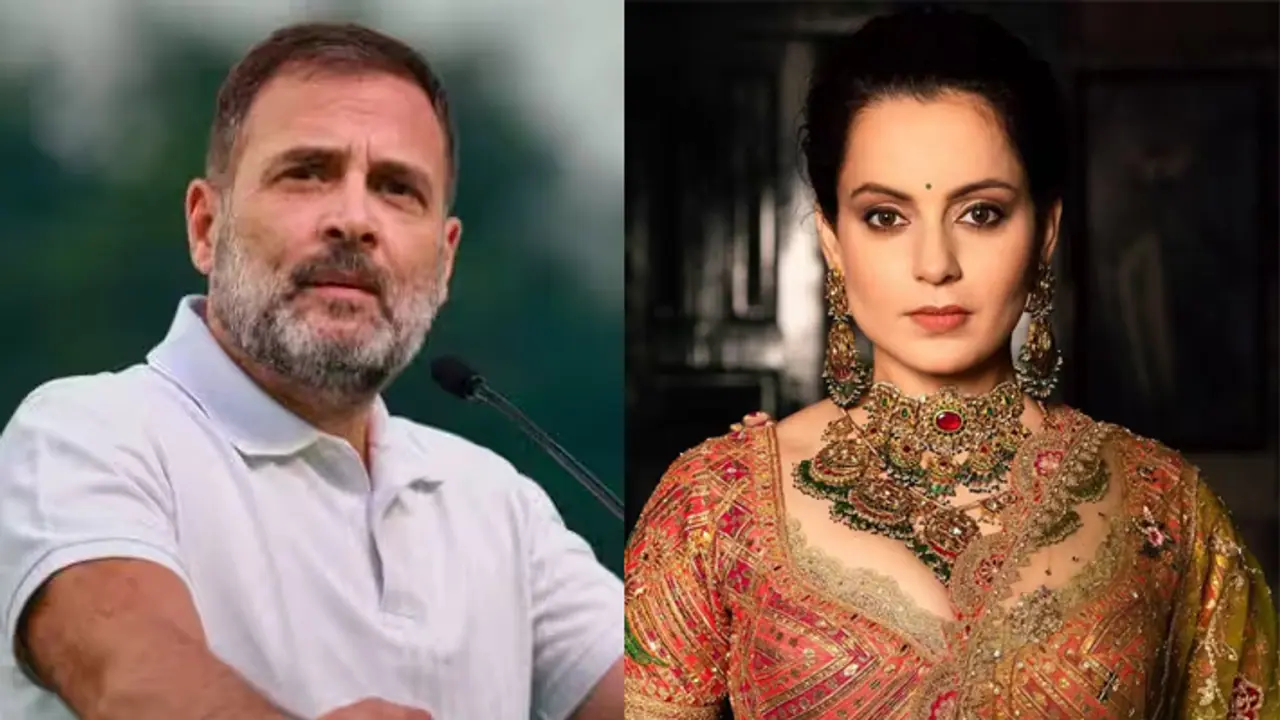The central government has formed 24 parliamentary committees, with Rahul Gandhi appointed as a member of the defense committee and Kangana Ranaut as a member of the committee for women, education, youth, and sports. Learn which leaders have been entrusted with the leadership of which committees.
The central government has announced the formation of as many as 24 parliamentary committees, which will oversee critical areas of governance and administration. Among the notable appointments, Congress leader Rahul Gandhi has been included in the defense committee, chaired by BJP MP Radha Mohan Singh. In contrast, former Congress president Sonia Gandhi has not been included in any of the newly formed committees.

Several important committees have new leadership under senior BJP and Congress figures. BJP leader Radha Mohan Das Agrawal has been appointed as the chairman of the Parliamentary Committee on Home Affairs, while Bhartruhari Mahtab, a BJP MP, will lead the Parliamentary Committee on Finance.
West Bengal weather update: IMD predicts heavy rainfall during Durga Puja 2024
BJP MP Nishikant Dubey has been tasked with heading the Communications and IT Committee, and Congress MP Shashi Tharoor has been named chairman of the Foreign Affairs Committee. Additionally, BJP leader CM Ramesh has been appointed as the chairman of the Railway Committee.
In a notable inclusion, actor Arun Govil, who portrayed Lord Ram in the famous TV series Ramayan, has been named a member of the Foreign Affairs Committee. Furthermore, BJP MP and actress Kangana Ranaut has been appointed as a member of the Parliamentary Committee for Women, Education, Youth, and Sports, chaired by Congress leader Digvijaya Singh.
Parliamentary committees are essential for managing the heavy workload of Parliament. Their primary function is to assist in reviewing policies, expenditures, and the implementation of laws, ensuring that no crucial work is overlooked. These committees operate under the guidance of the Speaker of Parliament and submit reports on their respective areas of responsibility.
There are two main types of parliamentary committees: standing committees, which are permanent, and ad hoc committees, which are formed temporarily for specific tasks.
Pregnant Hindu teacher publicly humiliated in Bangladesh: Viral video sparks outrage (WATCH)
Standing committees play a crucial role in assisting the government by monitoring tasks related to their specific domains. For example, the finance committee oversees government expenditures, ensuring that allocated funds are used efficiently and in line with the approved budget. If discrepancies are found, the committee can request additional information from the relevant department.
Parliamentary committees hold substantial powers, including the authority to request documents and summon officials from government departments. These committees can investigate breaches of parliamentary privileges, including the misuse of facilities by MPs. Each committee is composed of members from both the Lok Sabha and Rajya Sabha, with one member designated as the chairperson.
